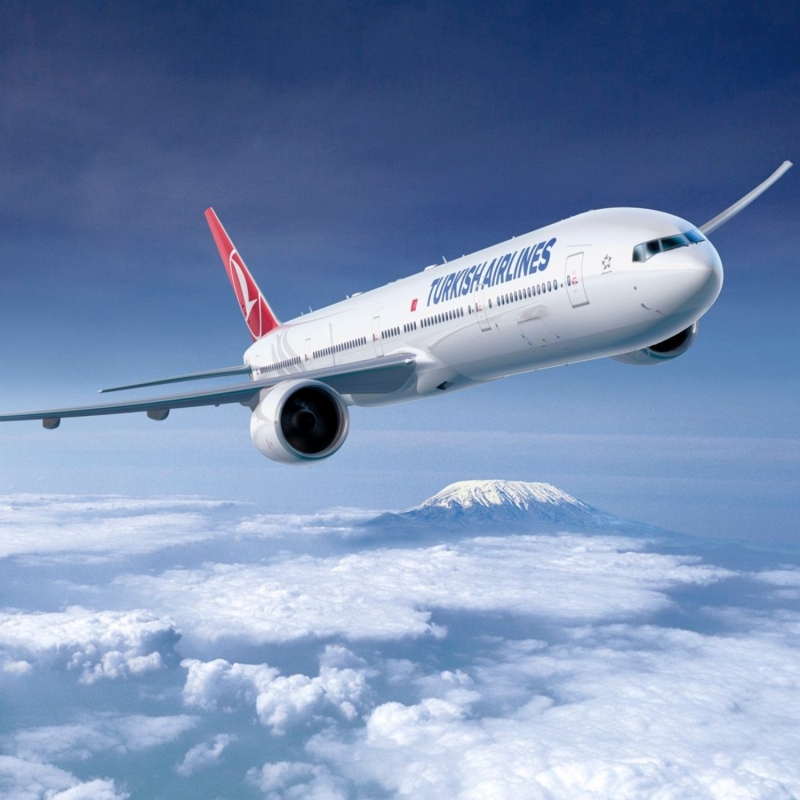China To UK/USA/Europe Air Freight
ADVANTAGES OF SHIPPING BY AIR
Speed: Air freight is the fastest mode of transportation for moving goods. It can deliver goods to their destination within hours or days, depending on the distance. This is beneficial for time-sensitive or urgent shipments that need to reach their destination quickly.
Reliability: Airlines have strict schedules and operate regularly, which makes air freight highly reliable. Unlike other modes of transport such as sea or road freight, there is less chance of delays or disruptions due to traffic congestion, weather conditions or other external factors.
Global coverage: Air freight can easily reach almost any destination around the world. The airline has an extensive network connecting major cities and airports around the world. This makes air freight suitable for international or cross-border transportation, allowing businesses to expand their business reach to customers in different countries.
Enhanced security: The airport has adopted comprehensive security measures to ensure the safety of cargo. This includes strict screening procedures for passengers and cargo, thereby reducing the risk of theft or loss during transport. In addition, air freight provides better visibility and tracking capabilities, allowing businesses to monitor and track their shipments throughout the transportation process.
Professional handling: Air freight is ideal for transporting perishable, fragile or high-value goods. Airlines have specialized facilities and equipment to handle sensitive cargo, such as temperature-controlled containers for perishable items or reinforced packaging for fragile items. This ensures that goods are handled with care and arrive at their destination in optimal condition.
Reduced inventory costs: Because air freight has faster transit times, businesses can reduce inventory levels. Rather than having to stock large quantities of items, companies can maintain just-in-time inventory, reducing storage costs and the risk of obsolescence.
Flexibility: Air freight offers flexible scheduling options, with multiple flights departing and arriving at the airport throughout the day. This allows businesses to adjust their shipping plans and meet changing customer demands or unforeseen circumstances. It’s worth noting that while air freight has many advantages, it’s often more expensive than other shipping methods.
Therefore, companies need to consider a cost-benefit analysis as well as the specific requirements of their cargo before choosing air freight.
Write your message here and send it to us
Professional technical engineer dedicated to guide you
According to your actual needs, choose the most reasonable overall design and planning procedures
